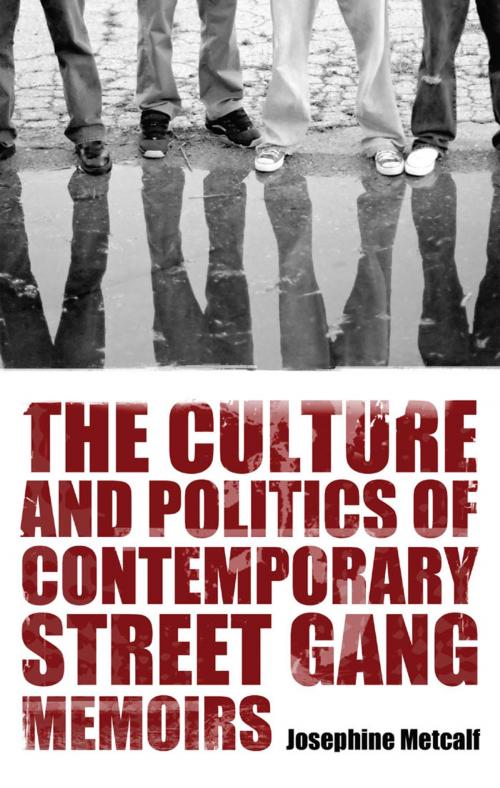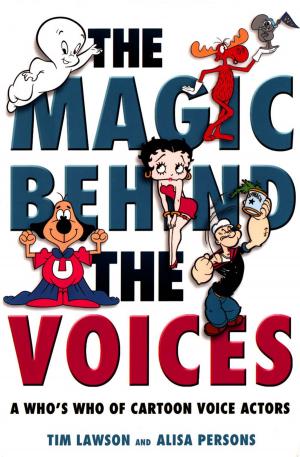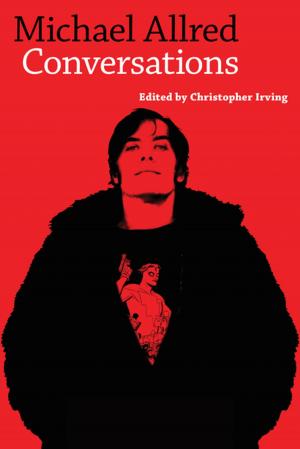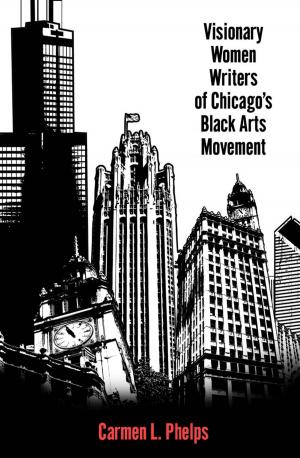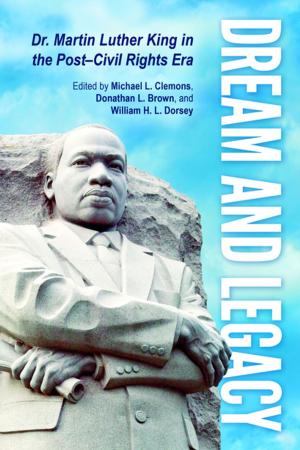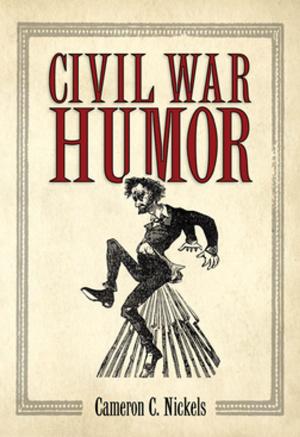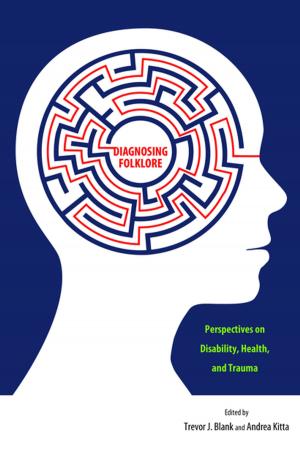The Culture and Politics of Contemporary Street Gang Memoirs
Fiction & Literature, Literary Theory & Criticism, Black, American, Nonfiction, Social & Cultural Studies, Social Science, Sociology, Urban| Author: | Josephine Metcalf | ISBN: | 9781617032820 |
| Publisher: | University Press of Mississippi | Publication: | July 2, 2012 |
| Imprint: | University Press of Mississippi | Language: | English |
| Author: | Josephine Metcalf |
| ISBN: | 9781617032820 |
| Publisher: | University Press of Mississippi |
| Publication: | July 2, 2012 |
| Imprint: | University Press of Mississippi |
| Language: | English |
The publication of Sanyika Shakur's Monster: The Autobiography of an L.A. Gang Member in 1993 generated a huge amount of excitement in literary circles--New York Times book critic Michiko Kakutani deemed it a "shocking and galvanic book"--and set off a new publishing trend of gang memoirs in the 1990s. The memoirs showcased tales of violent confrontation and territorial belonging but also offered many of the first journalistic and autobiographical accounts of the much-mythologized gang subculture.
In The Culture and Politics of Contemporary Street Gang Memoirs, Josephine Metcalf focuses on three of these memoirs--Shakur's Monster; Luis J. Rodriguez's Always Running: La Vida Loca: Gang Days in L.A.; and Stanley "Tookie" Williams's Blue Rage, Black Redemption--as key representatives of the gang autobiography. Metcalf examines the conflict among violence, thrilling sensationalism, and the authorial desire to instruct and warn competing within these works. The narrative arcs of the memoirs themselves rest on the process of conversion from brutal, young gang bangers to nonviolent, enlightened citizens.Metcalf analyzes the emergence, production, marketing, and reception of gang memoirs. Through interviews with Rodriguez, Shakur, and Barbara Cottman Becnel (Williams's editor), Metcalf reveals both the writing and publishing processes. This book analyzes key narrative conventions, specifically how diction, dialogue, and narrative arcs shape the works. The book also explores how the memoirs are consumed. This interdisciplinary study--fusing literary criticism, sociology, ethnography, reader-response study, and editorial theory--brings scholarly attention to a popular, much-discussed, but understudied modern expression.
The publication of Sanyika Shakur's Monster: The Autobiography of an L.A. Gang Member in 1993 generated a huge amount of excitement in literary circles--New York Times book critic Michiko Kakutani deemed it a "shocking and galvanic book"--and set off a new publishing trend of gang memoirs in the 1990s. The memoirs showcased tales of violent confrontation and territorial belonging but also offered many of the first journalistic and autobiographical accounts of the much-mythologized gang subculture.
In The Culture and Politics of Contemporary Street Gang Memoirs, Josephine Metcalf focuses on three of these memoirs--Shakur's Monster; Luis J. Rodriguez's Always Running: La Vida Loca: Gang Days in L.A.; and Stanley "Tookie" Williams's Blue Rage, Black Redemption--as key representatives of the gang autobiography. Metcalf examines the conflict among violence, thrilling sensationalism, and the authorial desire to instruct and warn competing within these works. The narrative arcs of the memoirs themselves rest on the process of conversion from brutal, young gang bangers to nonviolent, enlightened citizens.Metcalf analyzes the emergence, production, marketing, and reception of gang memoirs. Through interviews with Rodriguez, Shakur, and Barbara Cottman Becnel (Williams's editor), Metcalf reveals both the writing and publishing processes. This book analyzes key narrative conventions, specifically how diction, dialogue, and narrative arcs shape the works. The book also explores how the memoirs are consumed. This interdisciplinary study--fusing literary criticism, sociology, ethnography, reader-response study, and editorial theory--brings scholarly attention to a popular, much-discussed, but understudied modern expression.
